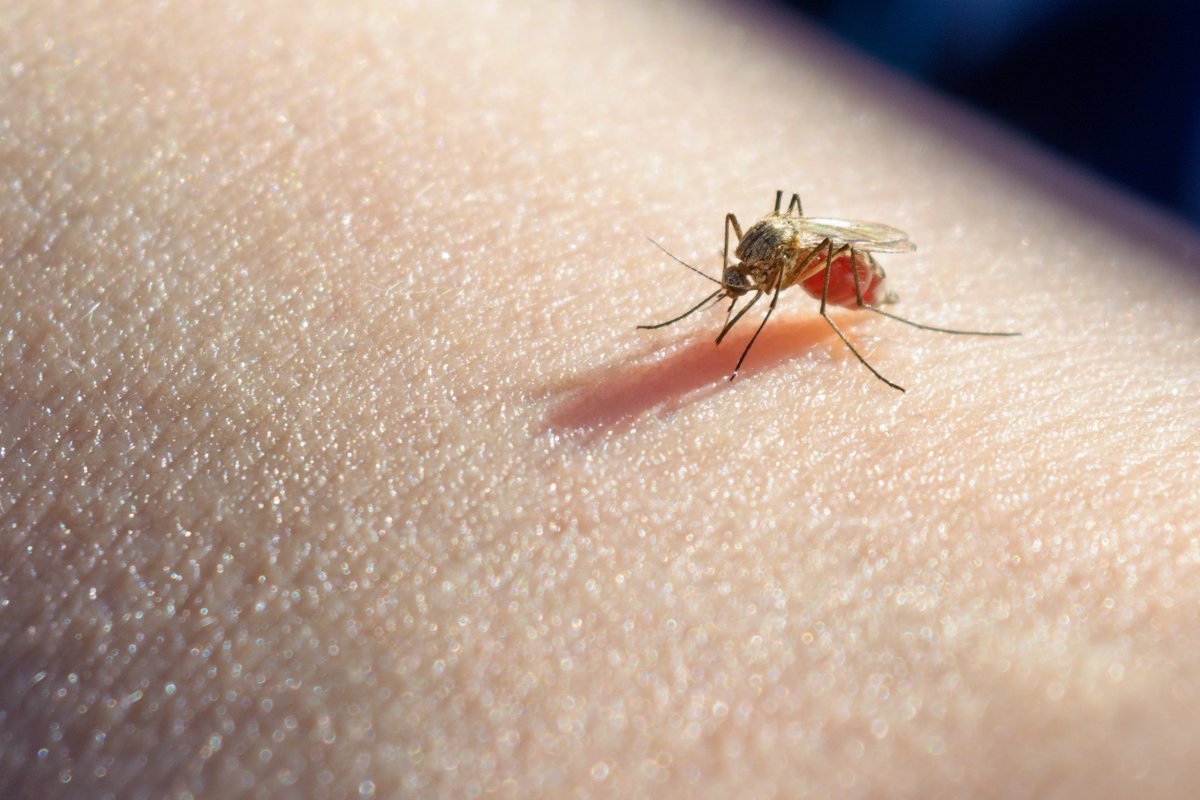With mosquito season in full swing, dozens of serious cases of the potentially deadly West Nile virus have been reported in numerous U.S. states.
Spread by mosquitoes, West Nile virus is a risk during the summer months. Across the U.S.—from California to Texas to New Hampshire—36 states have reported West Nile virus infections in people, birds or mosquitoes this year.
According to the latest Centers for Disease Control and Prevention update issued on July 24, 39 cases of West Nile virus have been reported in 2018. Some 29 people were diagnosed with a neuroinvasive disease such as meningitis or encephalitis, which can be caused by West Nile virus. California and Louisiana have seen the most cases in 2018, both with 10.
Numbers, however, are likely to be far higher, as most people who are infected do not show symptoms, and one in five people experience mild symptoms that aren't reported to the CDC.

"We do know that mosquito-borne diseases overall are increasing. Of the mosquito-borne diseases, WNV is the most common one in the continental United States," Kate Fowlie, press officer for the CDC National Center for Emerging and Zoonotic Infectious Disease, told Newsweek.
In most cases, people who have contracted the virus experience nausea, fever, headaches, body aches and a skin rash.
In severe cases, West Nile virus can target the nervous system and cause such illnesses as meningitis and encephalitis paralysis, and even death. According to the CDC, one in 150 patients will develop the potentially deadly form of the virus.
Health officials across the country are rolling out programs to attack the mosquitoes that carry the virus. On July 25, the Santa Clara County Vector Control District, which monitors infectious disease in the California county, announced spraying was scheduled for 11 p.m. on Thursday. Similar precautions were taken in Pittsburgh and Sacramento.
Read more: Case of 'dangerous' West Nile Virus confirmed in Los Angeles
Anyone bitten by a mosquito carrying West Nile virus can become ill. But individuals 50 and older or who live with chronic health conditions are most at risk for the severe form.
As there is no vaccine or treatment, infected individuals must let the illness run its course, but recovery can take months to years. Half of individuals with the disease will have physical or cognitive problems a year after first contracting it. Memory loss, difficulty walking and fatigue can linger long-term.
Mosquitoes become carriers of the virus if they feed on the blood of infected birds. Not all mosquitoes, therefore, can spread it.
The best way to avoid catching the virus is to prevent mosquito bites, the CDC said. It advised people to use insect repellent and wear long-sleeved shirts and pants in high-risk areas.
Other measures include removing mosquito habitats, such as standing water, from around the home, and ensuring that insects can't fly through gaps in windows and gaps in door screens.
This article has been updated with comment from Kate Fowlie.
Uncommon Knowledge
Newsweek is committed to challenging conventional wisdom and finding connections in the search for common ground.
Newsweek is committed to challenging conventional wisdom and finding connections in the search for common ground.
About the writer
Kashmira Gander is Deputy Science Editor at Newsweek. Her interests include health, gender, LGBTQIA+ issues, human rights, subcultures, music, and lifestyle. Her ... Read more
To read how Newsweek uses AI as a newsroom tool, Click here.








